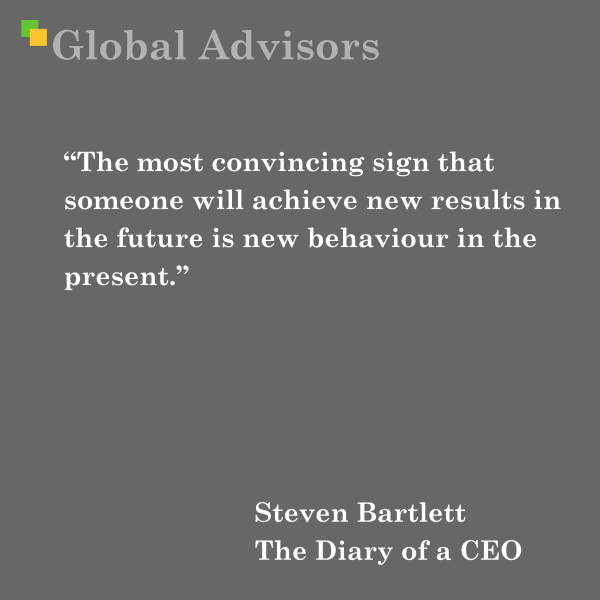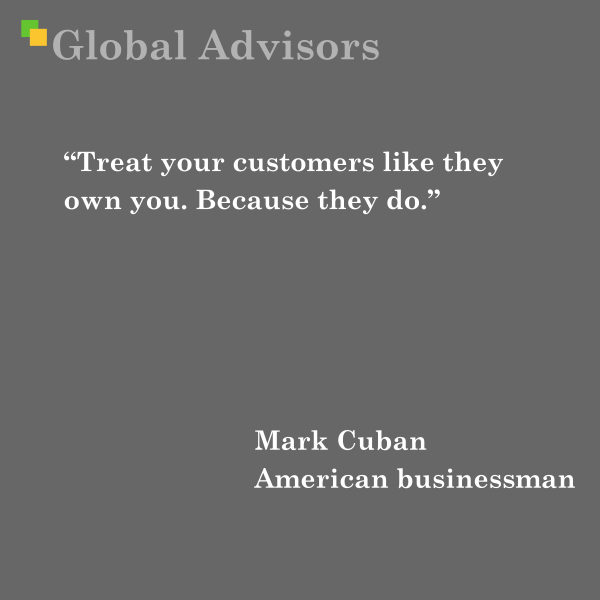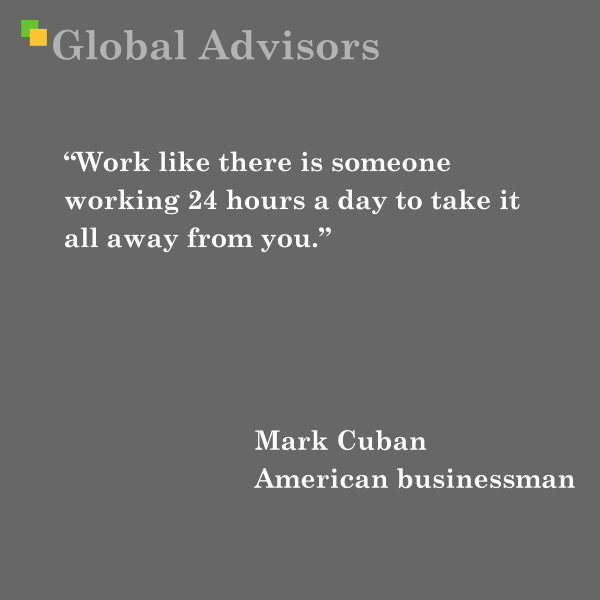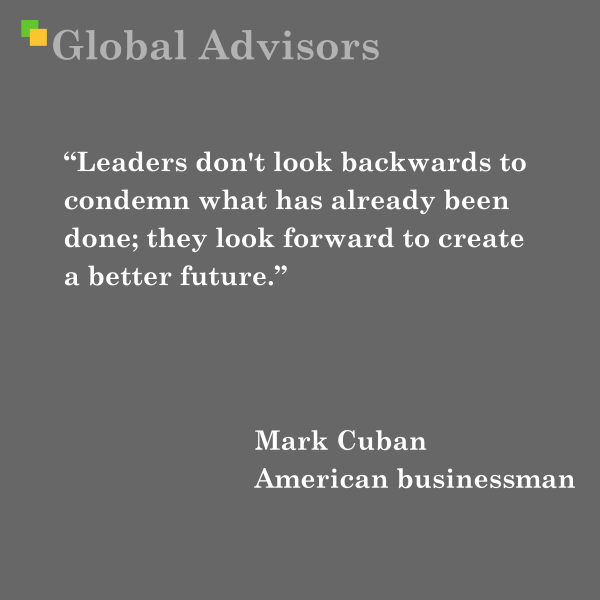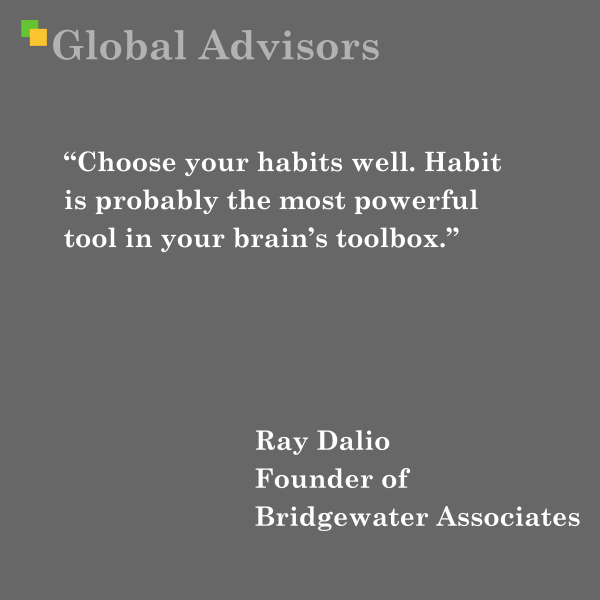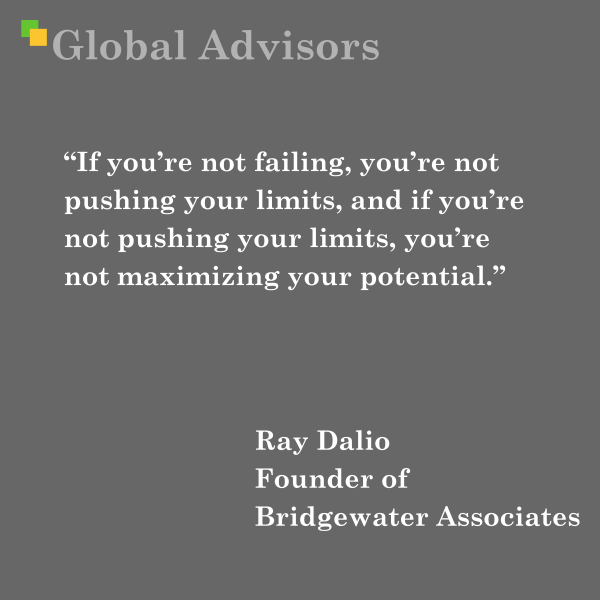“The most convincing sign that someone will achieve new results in the future is new behaviour in the present.” – Steven Bartlett – The Diary of a CEO
Bartlett’s perspective places emphasis on observable action as the true metric of transformation—echoing a wider movement in leadership and psychology that privileges habits and behaviours over abstract ambition.
Bartlett’s own career is a practical testament to this principle. His path is distinguished by a series of bold behavioural changes—leaving university after one lecture to pursue entrepreneurship, relocating to San Francisco as a young founder, and then returning to launch and scale Social Chain, which redefined social media marketing in Europe and beyond. Each pivot was marked by visible, immediate action, not just planning or strategic intention. This lifelong theme—prioritising what a person does in the present over what they claim they will do—underpins his philosophy as shared through his internationally successful podcast and bestselling books.
About Steven Bartlett
Steven Bartlett (b. 1992) is a Botswana-born British-Nigerian entrepreneur, investor, author, and broadcaster. Raised in Plymouth, his upbringing was shaped by multicultural heritage, resilience, and early experiences as an outsider—a perspective he credits for instilling tenacity and creative ambition.
Bartlett’s journey began with the launch of Wallpark, a student-focused digital noticeboard, before his rise to prominence as co-founder and CEO of Social Chain. Under his leadership, Social Chain grew from a Manchester-based start-up into a global media and e-commerce group, eventually merging to become Social Chain AG—a publicly listed company valued at over $600 million by 2021. Bartlett stood out for his keen ability to anticipate digital trends and boldness in experimenting with new forms of communication and commerce.
Following his departure from Social Chain, Bartlett diversified his portfolio, investing in some of the UK’s fastest-growing firms across e-commerce, nutrition (such as Huel and Zoe), biotech, and technology, alongside founding the media company Flight Story. He gained wide public recognition as the youngest-ever panellist on BBC’s “Dragons’ Den” and, above all, as the host of “The Diary of a CEO”—Europe’s leading business podcast, renowned for candid conversations with visionaries across industries.
Bartlett’s insights are distinguished by their grounding in lived experience. His work advocates for radical transparency, incremental yet consistent change, and the idea that individual and organisational futures are shaped not by intention alone, but by fresh, deliberate action in the present.
Theoretical Context and Leading Thinkers
Bartlett’s quote sits at the intersection of several influential fields: behavioural psychology, change management, and personal development. It manifests key ideas from renowned theorists whose work reshaped how leaders, organisations, and individuals understand transformation.
-
Albert Bandura: The architect of social cognitive theory, Bandura highlighted the role of self-efficacy and observational learning in behaviour change, arguing that people’s actions—not just their beliefs—shape future outcomes. His work underpins modern understandings of how new behaviours signal genuine learning and growth.
-
B.F. Skinner: A pioneer of behaviourism, Skinner’s research demonstrated that behavioural modification—changed habits in the present—was both measurable and predictive. His insights continue to inform leadership models focused on actions over intentions.
-
James Clear: In the current era, Clear’s “Atomic Habits” has popularised the principle that small, consistent behavioural changes drive long-term results, aligning closely with Bartlett’s assertion. Clear’s influence is evident in business circles where the emphasis has shifted from big vision statements to achievable, trackable daily actions.
-
John Kotter: A leading authority on organisational change, Kotter’s eight-step process stresses the importance of early wins—tangible new behaviours—that signal and accelerate transformation in companies. For Kotter, it is not the announcement of change but the demonstration of new behaviour that creates momentum.
-
Carol Dweck: Dweck’s concept of the growth mindset links belief with behaviour, showing that those who act on new learning are more likely to realise potential. Dweck emphasises adaptability and the demonstration of learning—new strategies enacted in practice—as the true drivers of future success.
In synthesising these perspectives, Bartlett’s quote encapsulates a broader realisation: whether for individuals, teams, or organisations, the most credible predictor of breakthrough achievement is evidence of changed action today. Thought alone is insufficient; it is the present, observable behaviour—trial, risk, discipline, and adjustment—that fundamentally alters future trajectories.
Conclusion
Steven Bartlett’s career and philosophy are rooted in action—his own journey mirrors his message, and his quote distils the modern imperative for leaders and individuals alike: change is evidenced not by plans or words, but by new behaviour enacted now. This perspective is foundational to contemporary business literature, psychology, and leadership strategy, and remains a critical insight for anyone committed to authentic, measurable progress.
